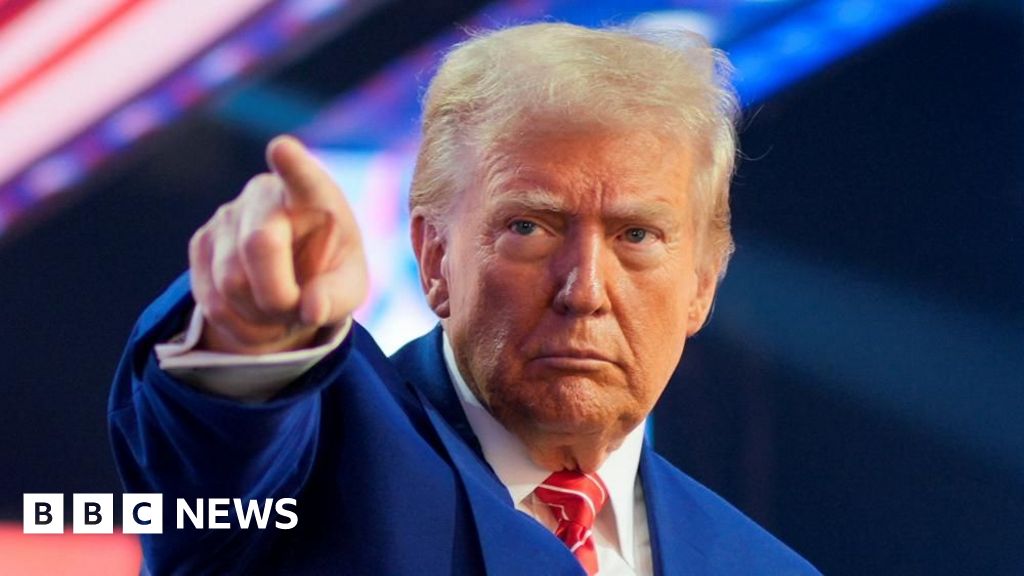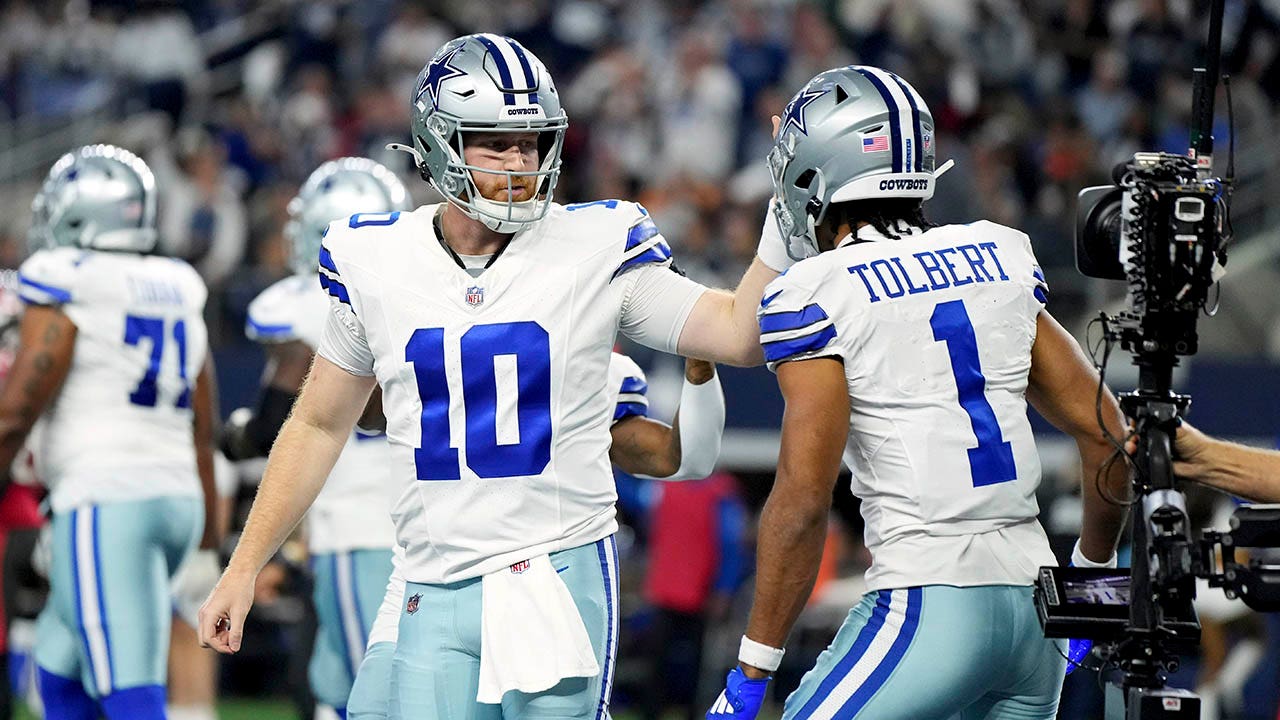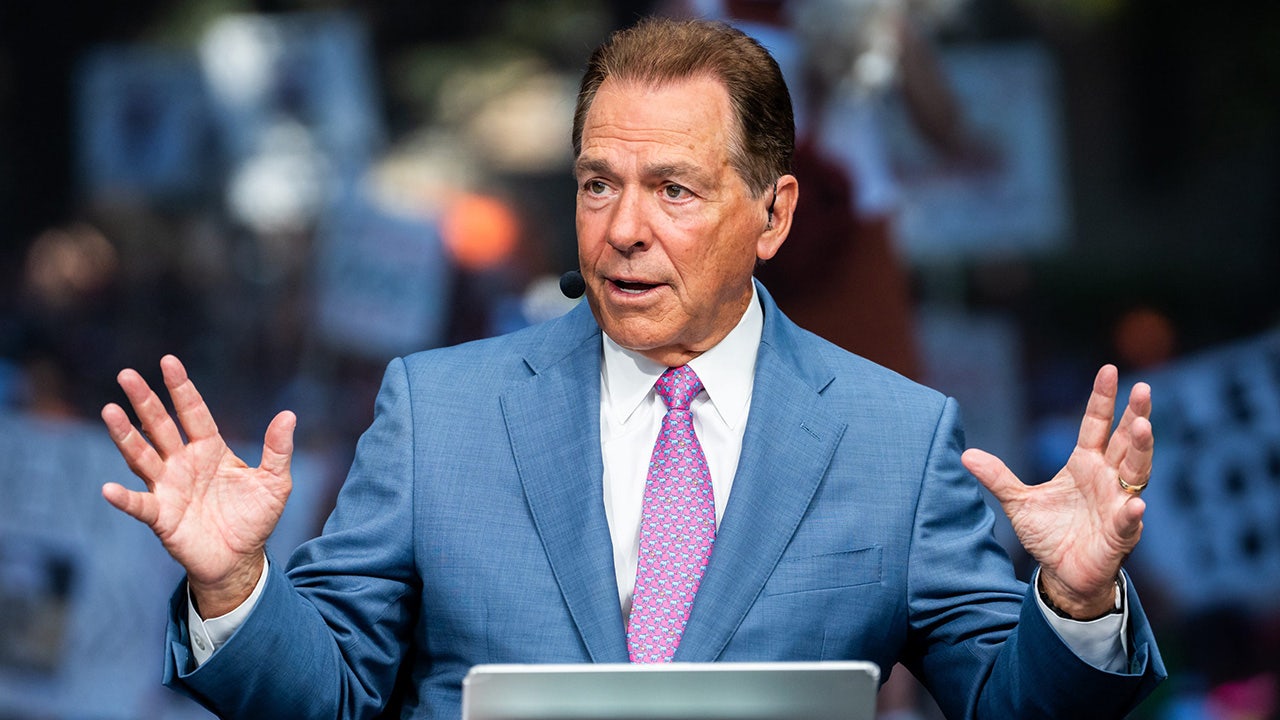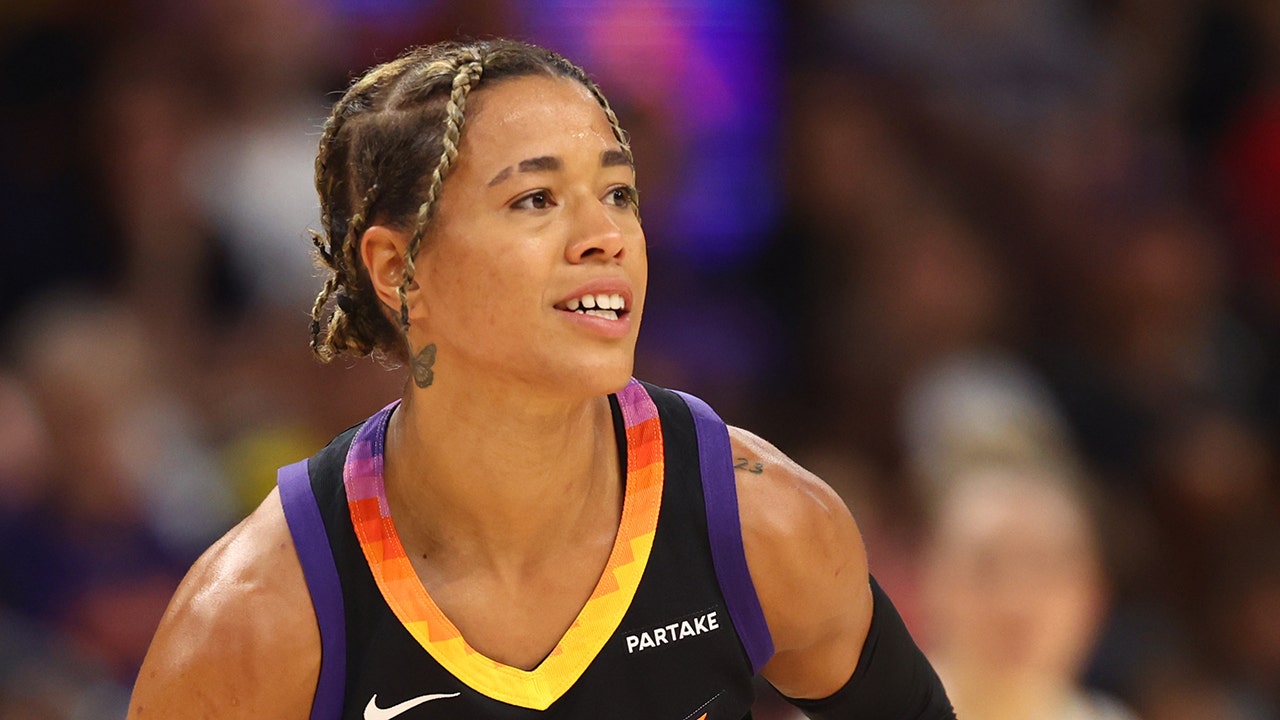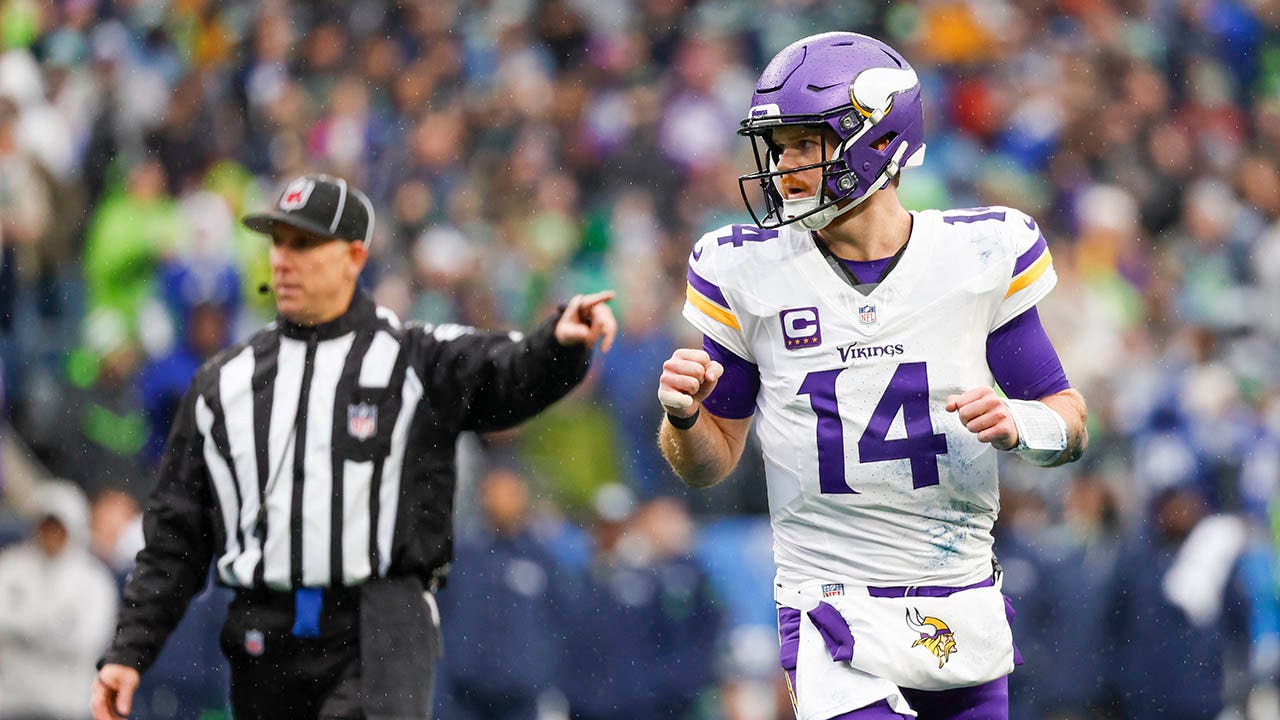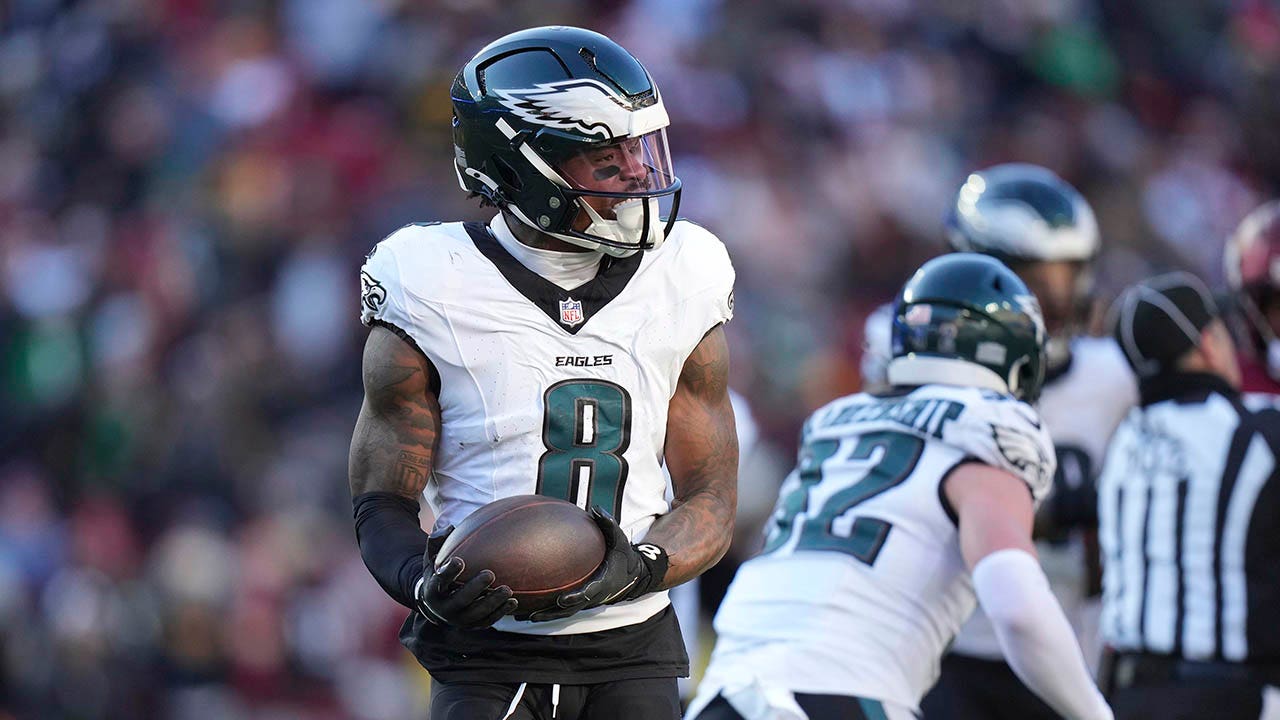James Earl Jones died on Monday at the age of 93. Like his contemporary Sidney Poitier, Jones helped change the perception of Black actors in Hollywood, creating indelible movie and TV characters who defied the prevailing stereotypes.
Born in Mississippi and raised in Michigan, Jones spent much of his early career in New York, working in theater, TV and radio, where he trained his deep, booming voice. Because of his rich vocal tones and authoritative air, the actor was in high demand throughout his professional life, as both a narrator and as someone who could bring a sense of seriousness to supporting parts.
The 12 movies below predominantly showcase Jones’s voice and his skills as a character actor. But the few leading roles show that if he had been given the same kind of opportunities as Poitier, Jones might have been just as big a star.
Not many actors have the good fortune to make their big-screen debut in one of the greatest films of all time. Jones only appears in a handful of scenes in Stanley Kubrick’s grim nuclear war comedy “Dr. Strangelove,” but he does a lot with those few minutes, playing a bombardier whose consummate professionalism leads him to follow the orders of any crackpot commander or incompetent politician who barks in his ear.
‘The Great White Hope’ (1970)
Jones received his only competitive Oscar nomination (becoming the second Black man, after Poitier, to receive one) for his first major leading film role. In an adaptation of Howard Sackler’s stage play — sensitively directed by the great Martin Ritt — Jones plays Jack Jefferson, a character based fairly closely on the early-20th-century boxer Jack Johnson. Both the fictional and the real Jack dealt with widespread social hostility because of their cockiness, success in the ring and interracial relationships. The star is so outsize and charismatic in “The Great White Hope” that he makes those objections seem petty.
‘The Man’ (1972)
Casting a Black actor as the president of the United States has become a Hollywood cliché over the past couple of decades, but it was so radical in 1972 that Rod Serling, the creator of “The Twilight Zone,” was called in to write the screenplay for the big-screen adaptation of Irving Wallace’s best-selling novel “The Man.” Though the movie overplays the novelty — making most of his administration’s crises race-related — Jones still fleshes the character out, making him into a person, not a symbol.
‘Claudine’ (1974)
The early ’70s were a boom time for African American actors in movies, provided that they were willing to appear in broad comedies or violent genre pictures. “Claudine” was the rare film with a Black lead that was more like the rich character dramas that the “New Hollywood” directors were making circa 1974. Jones plays a garbage man whose romance with a single mother, played by Diahann Carroll, is threatened by her concern that their cohabitation could threaten her welfare payments. Honest about ghetto life without becoming strident, “Claudine” benefits greatly from Jones’s and Carroll’s performances, which are filled with more humor and heart than despair.
‘The Bingo Long Traveling All-Stars & Motor Kings’ (1976)
This Motown-produced look at the 1930s heyday of barnstorming baseball teams — made up of players too old, too young or too independent for either the major leagues or the Negro leagues — features an A-list ensemble cast, including Billy Dee Williams as an opportunistic cynic and Richard Pryor as a slick talker looking to pass himself off as anything but Black. Jones plays a home run-hitting activist (modeled after Josh Gibson) who is deeply concerned about whether African Americans would control their own future if Major League Baseball were to integrate. “Bingo Long” revisits the carnival atmosphere and showmanship of itinerant sportsmen, while also arguing that even people who make their living playing games deserve to be treated fairly.
‘Star Wars’ (1977)
Stream it on Disney+. Rent or buy on Amazon.
It would be a disservice to the great David Prowse — the actual physical presence under Darth Vader’s shiny helmet and black cloak — to say that Jones is primarily responsible for creating one of the best-known villains in movie history. So call it a collaboration between Prowse and Jones, who worked together to give Luke Skywalker’s father both a sense of menace and an unexpectedly sympathetic tragic dimension. Give credit also to George Lucas for hiring someone with a properly grave voice to accentuate the dark lord’s power.
‘Matewan’ (1987)
For whatever reason, Jones rarely worked with the great filmmakers of his era. One of the most prominent and welcome exceptions was “Matewan,” written and directed by John Sayles, who applied his typically novelistic approach to the true story of a violent 1920s clash between West Virginia miners and their employer’s hired goons. Jones plays one of a contingent of Black miners, who have divided loyalties because they can’t all afford the privilege of principled idealism.
‘Field of Dreams’ (1989)
In W.P. Kinsella’s novel “Shoeless Joe,” an Iowa farmer hears voices that tell him first to carve a baseball diamond out of a cornfield and then to find the reclusive novelist J.D. Salinger. The movie version (renamed “Field of Dreams”) changes the author to the fictional Terence Mann, and casts Jones in the part, relying on the actor’s venerability to sell Mann’s sudden change from irascibly reluctant to a true believer in the hero’s cause. While the film can get awfully hokey, Jones’s speeches about baseball, America and hope always ring true.
‘The Lion King’ (1994)
Stream it on Disney+. Rent or buy on Amazon.
In addition to Darth Vader, one of the 20th century’s best-known voices helped bring to life yet another of pop culture’s most imposing dads: Mufasa in “The Lion King.” The latter father is much kinder and more beloved than the former, but in both cases, the patriarch’s shadow stretches far, falling over the young heroes as they go through coming-of-age odysseys. Few other performers of Jones’s era could have made characters so vivid while sitting in front of a microphone.
‘Cry, the Beloved Country’ (1995)
Stream it on Hoopla. Rent or buy on Amazon.
The first movie version of Alan Paton’s 1948 anti-apartheid novel starred a young Poitier as an activist priest helping an older colleague understand the realities of racial strife and poverty in Johannesburg. In the 1995 adaptation — released after the end of apartheid — Jones is the older priest, embodying a simple, soulful way of life that was lost when South Africa tore itself apart.
‘A Family Thing’ (1996)
Billy Bob Thornton and his screenwriting partner, Tom Epperson, penned this unusually thorny feel-good dramedy, with Robert Duvall playing a Southerner who discovers that he is half Black and has a brother in Chicago he never knew. Jones is the brother, and has been aware — and resentful — of the family secret his entire life. The movie is about the gradual, fitful process of both racial and domestic reconciliation, but Jones carries a lot of deep anger in his performance, making it plain that when it comes to the more shameful corners of American history, forgiveness won’t ever come easy.
‘The Second Civil War’ (1997)
Rent or buy on Amazon.
An underrated entry in the filmography of Joe Dante (an underrated director), this HBO movie was prescient in the way it satirizes anti-immigrant hysteria and skewers the rising influence of cable news on politics. Jones here is perfectly cast, playing an old-school broadcaster adjusting to his new bosses, many of whom play fast and loose with the facts in the name of stoking outrage and driving up ratings. It makes sense to have the voice of CNN in this part, representing an age of dignity about to fade into memory.








